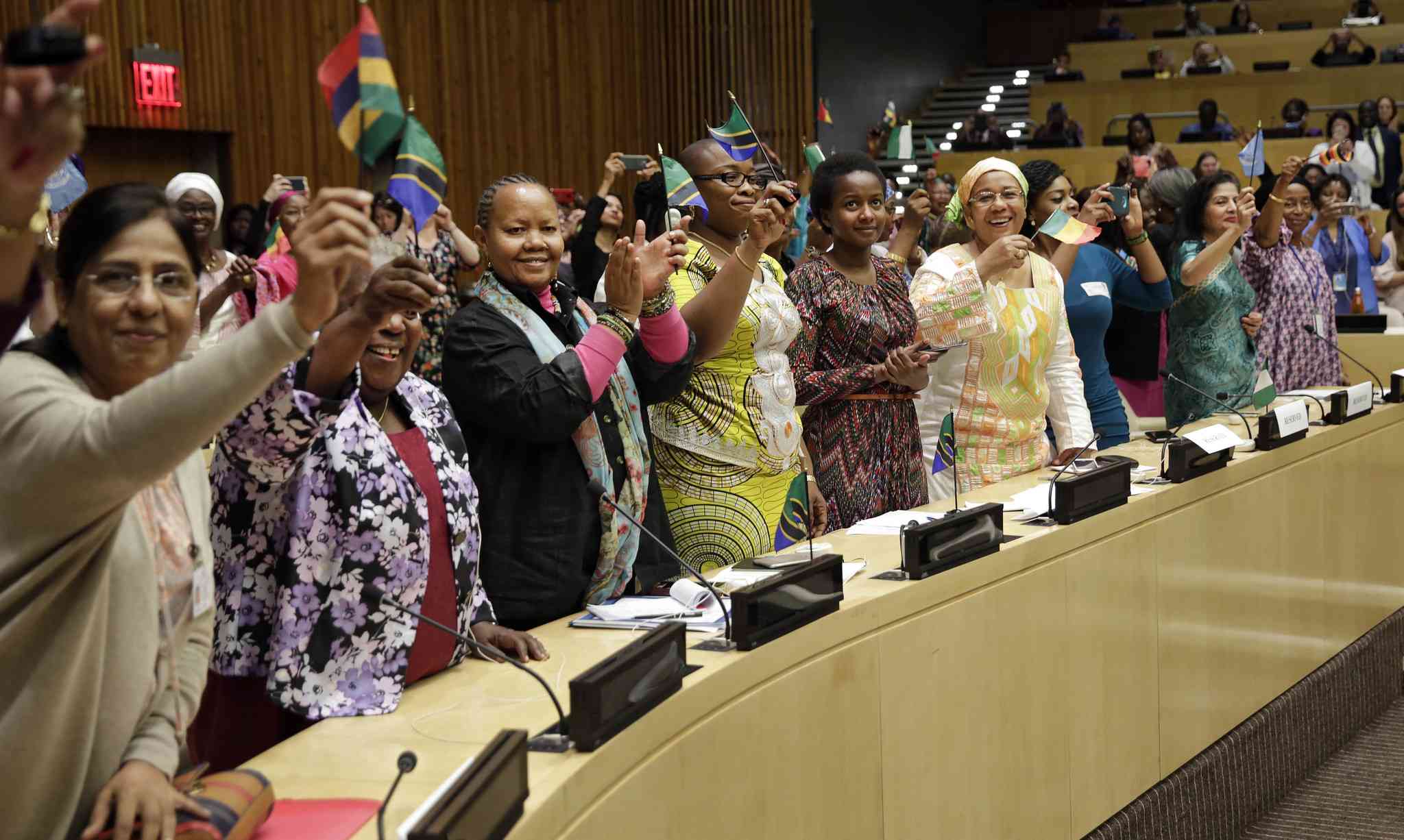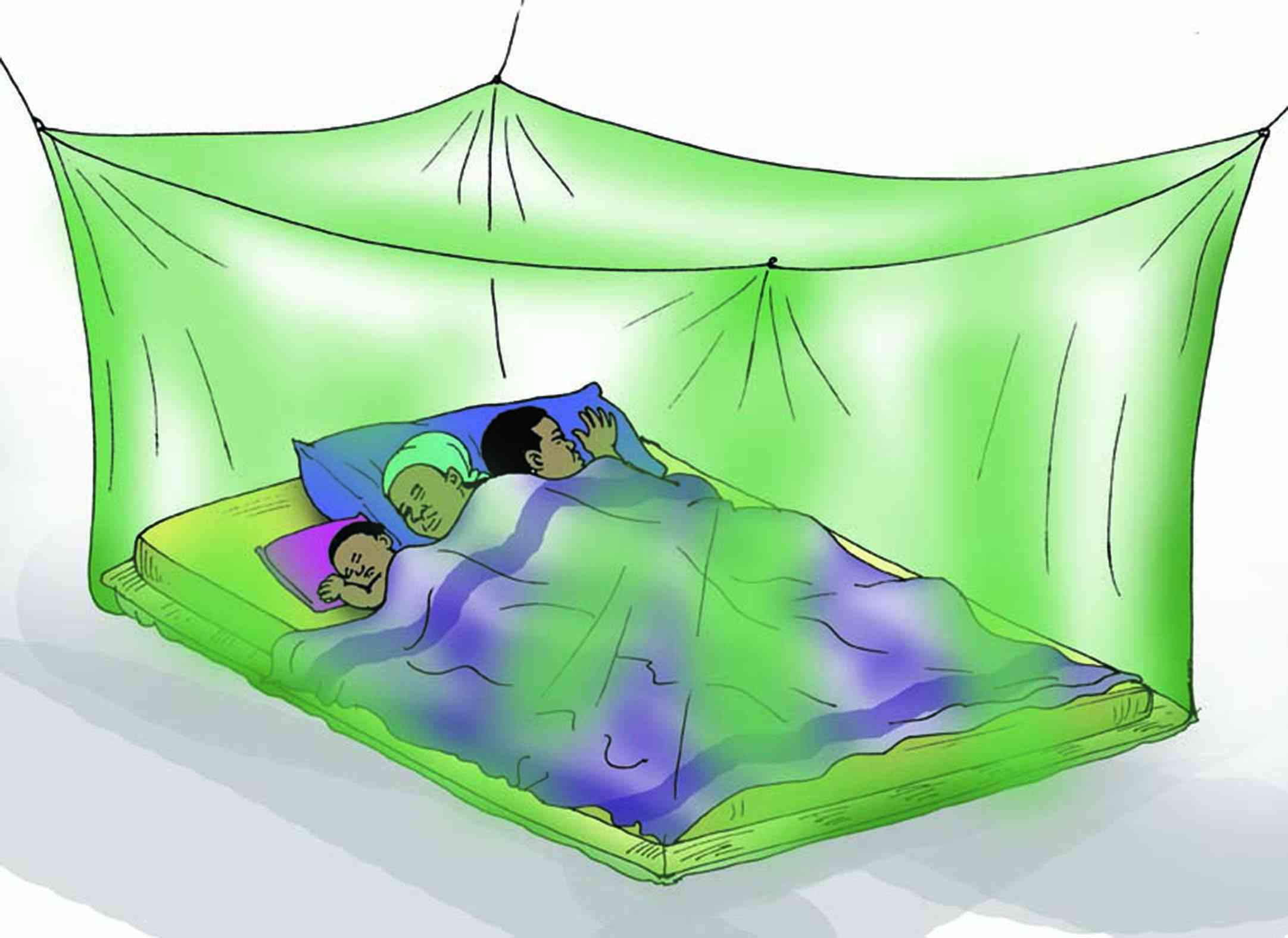
“Not all women are as capable as you are Unika!”
He stared at me — his eyes flashed with anger for a moment. As he said this, l could see fire in his eyes.
He has a public image to protect. But of course, he was wrongto believe that. Society taught him women were only useful in two places — the kitchen and the bedroom.
I could not really blame him for thinking like that because society had created this monster of a man that stood in front of me spewing patriarchal venom. To give context to this debate that l was having with this man over a dinner table at an expensive hotel with five other men would be to say it was one of those patriarchal prince meets feminist type of situation.
I thought to myself, just how many more men are like him in leadership positions, for l had met plenty of them. They supportwomen empowerment in public but when they go home, they expect their working wives to be down on their knees, ready to serve them their food. Not because their wives enjoy cooking or are good at it, far from it, but because they believe it is their duty to do so.
To them, a woman’s place is to serve men. This is regardless of the woman’s achievements or position in societyand business or professional qualifications.
He rambled on about how he ran for the presidency of astudent representative councilat one of the country’stop universities. He said it was difficult for him to find women to run for the positions of secretary and treasury in his team. He said it took long to find two women courageous enough to contest the elections. He said he had to mentor them on how to speakand carry themselves publicly. His takeaway was that women could never lead. He said this reinforced the notion he got from school, directly and indirectly, that women were not natural leaders.Through drawings in textbooks, women were portrayed just as family cooks and house cleaners, while men fended for their families. How could l explain to this young man,with backward thinking, that although he was right to say women were hesitant to take up leadership positions, it wasnot because they were born that way, but that it was because of socialisation.
The same way society taught him to be a leader while playing mahumbwe (doll house), is the same way women were taught about their gender roles.
- Reflecting on the 16-365 days of activism against GBV
- A case of women leadership in Africa
Keep Reading
Could l truly tell him that as he had been left to wander the streets of his neighbourhood, meeting people, falling down and picking himself up, the girls were confined to their homes, doing household chores, likelearning how to cook and clean the house, in preparation for marriage?
He was taught to go out and conquer the world and the girls were taught to master the kitchen. While society had encouraged him to be loud and proud, it taught women and girls to sit in a corner and observe him silently. I wanted him to understand and appreciate the struggles of the girl child and how gender roles can impact her being.
While I desperately wanted that, I realised then that he chooses to think this way because of fear — fear of being challenged intellectually by women, fear of being led by women and fear of losing the social dominance in every aspect of life.
He was frustrated that he lost our argument. I could see it on his face and in his eyes that he was not used to being challenged by women, hence his condescending remarks.
In my small win of the debate, I hope I convinced the men I was with to change the way they view and treat women. I also hope that we will see societies and families change the way they raise the girl child.
As I went I smiled to myself. I could see the Winnie Mandelas of tomorrow, leading in politics, business and corporates. Indeed the future looks bright — quite feministic!
- Kombora is a writer who specialises in women leadership and politics in Africa. She is also a Friedrich Nauman Foundation Womentorship fellow.











